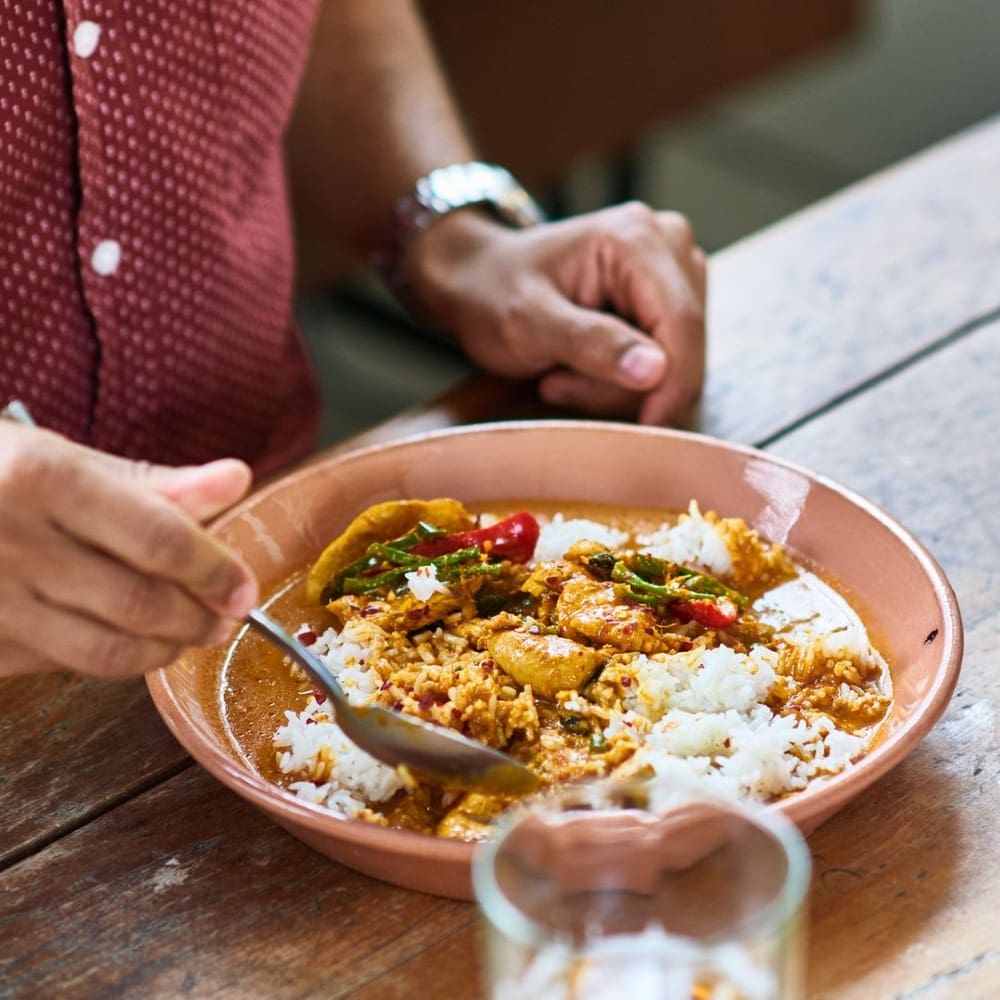
At its core, intuitive eating is all about a new and refreshed approach toward food and eating habits. But it would be a mistake to view it as another diet plan. It takes into account one basic thing – how one feels about eating, which is a question generally overlooked by other trendy diet plans like keto, paleo, intermittent fasting, etc. Intuitive eating calls for eating according to your feelings to avoid cravings, keeping your body nurtured to avoid overeating, enjoying your foods, balancing with energizing exercises, and above all, chucking out all the diet plans and related mentality!
What Is Intuitive Eating?

Intuitive eating is a rebellion against the ongoing diet culture. An effective non-diet approach to nutrition, intuitive eating is based on a set of principles, designed to improve the relationship between food and the body. It’s a way to honor and satiate your hunger by making peace with food. Challenging the “food police,” intuitive eating enables you to enjoy the experience of eating, respect your body, practice self-compassion, and above all, eat in feel-good ways.
Benefits of Intuitive Eating
Intuitive eating facilitates the mindset that eating is good for physical and mental health. Recent studies have proven that this practice can have a direct link with better body image, higher self-esteem, and a lower rate of engaging in eating disorders or related behaviors. One study has also shown that avid followers of intuitive eating had 74% lower odds of unhealthy binge eating than the rest of the study subjects over eight years.
Drawbacks of Intuitive Eating
Just like any dietary guideline set, not everyone is 100% on board with intuitive eating. As per the critics, it can boost junk food eating or avoiding veggies. But as nutrition experts say, after following a pattern of enjoying healthy foods all month long, taking a break by eating fries and Oreos for one day or two won’t spoil your good shape. And study evidence shows that intuitive eating can actually reduce emotional eating and improve body awareness.
Things to Know Before Starting Intuitive Eating

First of all, don’t fall into the trap of the common misunderstanding that intuitive eating means eating intuitively. Instead, it’s harder from the outset than it sounds. It can feel a little uncomfortable or even a bit scary to start intuitive eating, especially for those with a long history of dietary practices. The key here is to be patient with yourself and to remember that it’s a process of progression over perfection, which gets easier with time and practice.